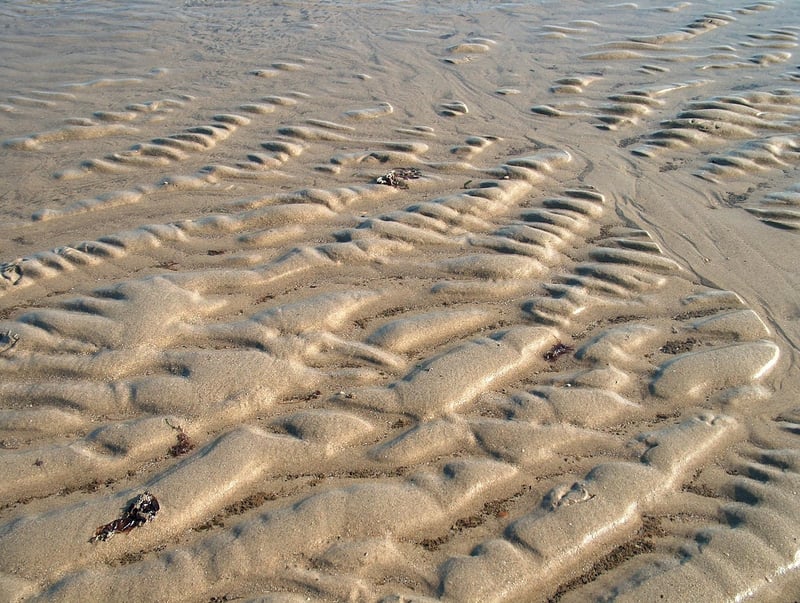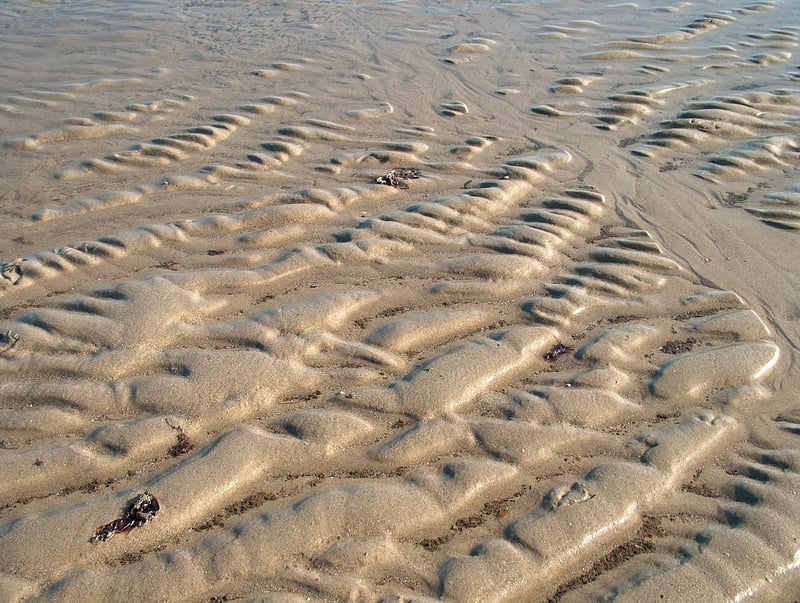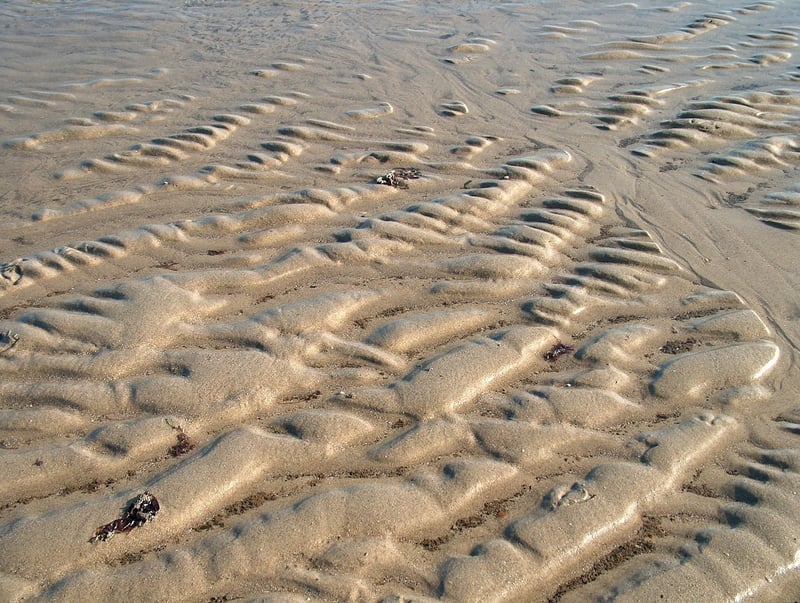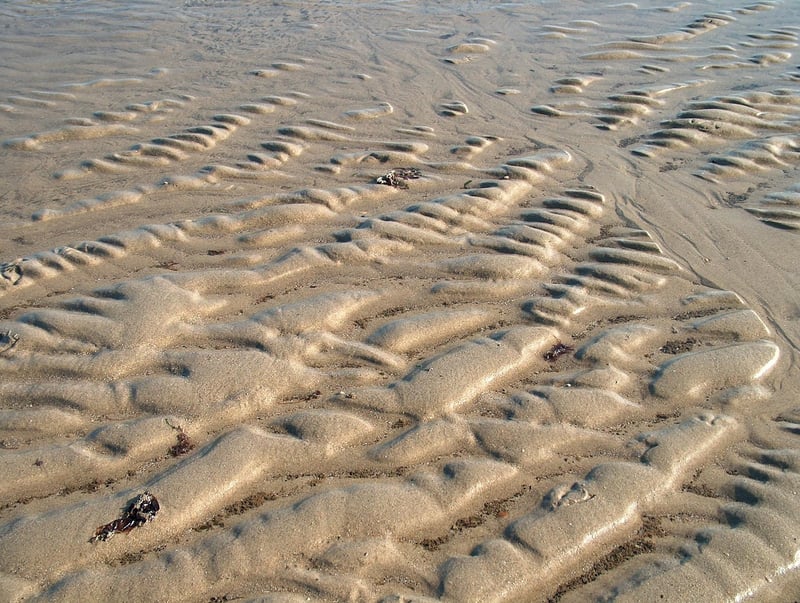Future Exploration
Exploring Different Eras and Future Exploration
Introduction
Exploring different eras and future exploration have always captivated the human imagination. From ancient civilizations to modern space missions, the quest for discovery and understanding has driven humanity forward. Let's delve into the various eras of exploration and peek into the exciting possibilities of future exploration.
Ancient Exploration
Ancient civilizations like the Egyptians, Greeks, and Romans were pioneering explorers in their time. They sailed the seas, built grand structures, and mapped the known world. Their thirst for knowledge and adventure laid the foundation for future explorers.

Age of Discovery
The Age of Discovery in the 15th to 17th centuries saw European explorers like Christopher Columbus, Vasco da Gama, and Ferdinand Magellan setting sail to discover new lands and trade routes. This era opened up the world, connecting cultures and shaping the course of history.

Space Exploration
Modern space exploration began in the mid-20th century with the launch of Sputnik 1 by the Soviet Union. Since then, humans have walked on the moon, sent rovers to Mars, and explored the outer reaches of our solar system. Space exploration continues to push the boundaries of what is possible.

Future Exploration
The future of exploration holds endless possibilities. From colonizing Mars to mining asteroids, humans are looking towards the stars for the next frontier. Advancements in technology like AI, robotics, and propulsion systems are paving the way for exciting new discoveries.

Conclusion
Exploration has been a driving force in human history, shaping cultures, economies, and societies. As we look back on the achievements of the past and forward to the possibilities of the future, one thing is clear - the spirit of exploration will always push us to reach new heights and expand our horizons.
Join us in celebrating the past, present, and future of exploration!
